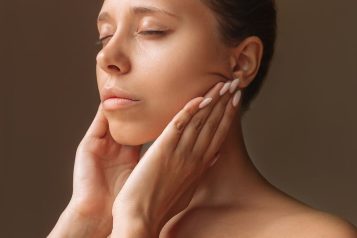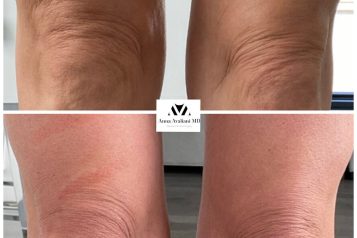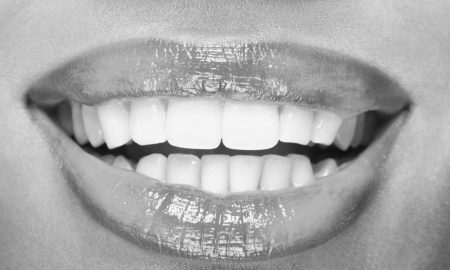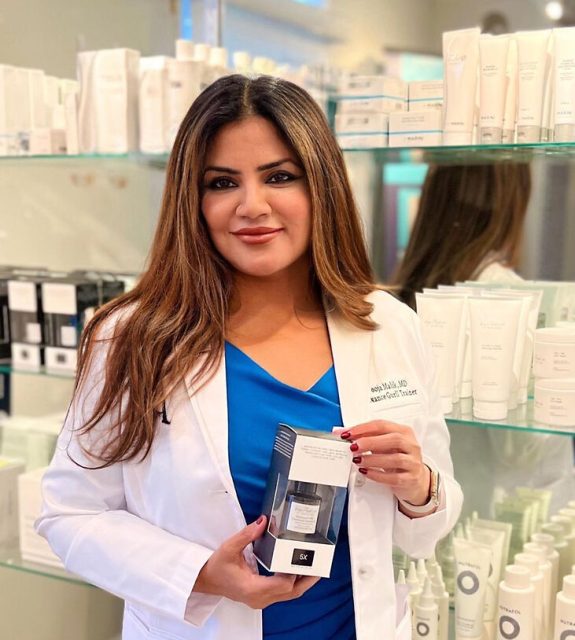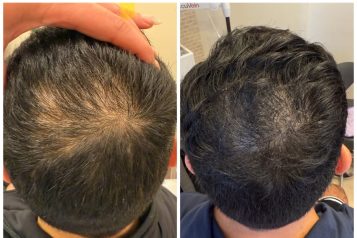October is Eczema Awareness Month, and in the U.S., approximately 32 million people suffer from some form of eczema. Eczema is a persistent inflammatory skin condition that manifests as dry, itchy patches. The precise causes remain a mystery, but we suspect factors from our surroundings and our genes play major roles. While there is no definite cure for eczema, a dermatologist can effectively treat it using creams, light therapy, and prescription medications.
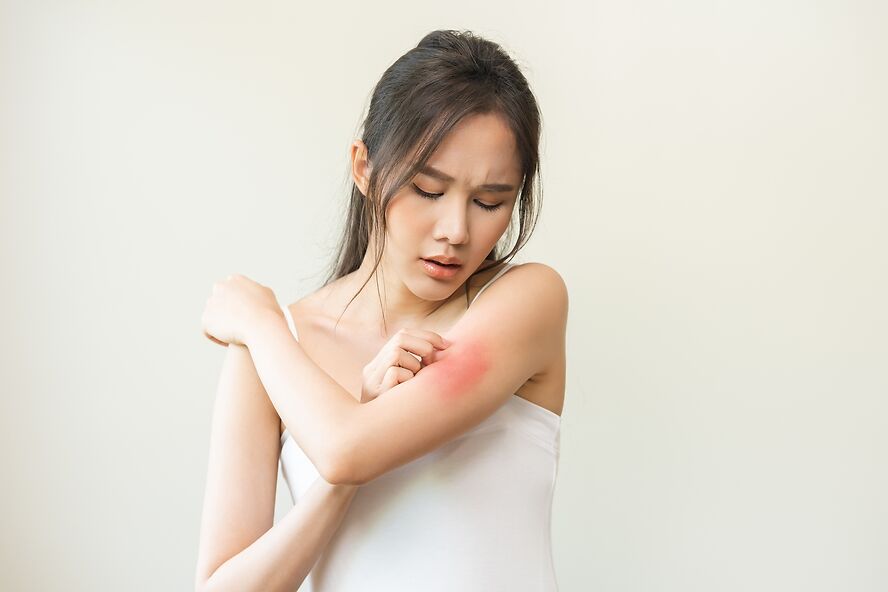 Photo Credit: Courtesy of Shutterstock
Photo Credit: Courtesy of Shutterstock
Decoding Eczema
The seven types of eczema include atopic, contact, dyshidrotic, hand, neurodermatitis, nummular, and stasis. The one you might be most familiar with is atopic dermatitis, distinguished by its itchy, dry, and inflamed skin. While it can appear at any age, it's most commonly diagnosed in childhood.
Understanding eczema's intricacies allows for a more comprehensive approach to its management, treatment, and prevention. So, how does it work? Eczema is a complex condition resulting from skin barrier dysfunction and overzealous immune system responses. In Eczema, the stratum corneum, the outermost layer of the skin, is compromised. This layer's role is to keep moisture in and act as a barrier against dehydration, pathogens, allergens, and other irritants. However, people living with eczema have a less effective barrier that allows irritants to penetrate the skin more easily.
Sensitive Skincare
For those with compromised skin barriers due to eczema or other conditions, it's vital to prioritize restoring and maintaining this barrier. Here are some key guidelines to consider:
1. Opt for mild cleansers free of soap and fragrance.
2. Apply a high-quality cream enriched with ceramides, fatty acids, and cholesterol immediately after showering to seal in the skin's moisture.
3. Minimize physical and chemical exfoliation.
4. Choose hypoallergenic and non-comedogenic products without fragrances or drying alcohols.
5. Consider a humidifier, especially in dry climates or during cold months.
6. Avoid hot showers that strip the skin of essential oils.
7. Wear SPF – during winter, on overcast days, and even indoors or in the shade. UV rays diminish the skin barrier and accelerate aging. SPF needs to be part of your daily routine, year-round.
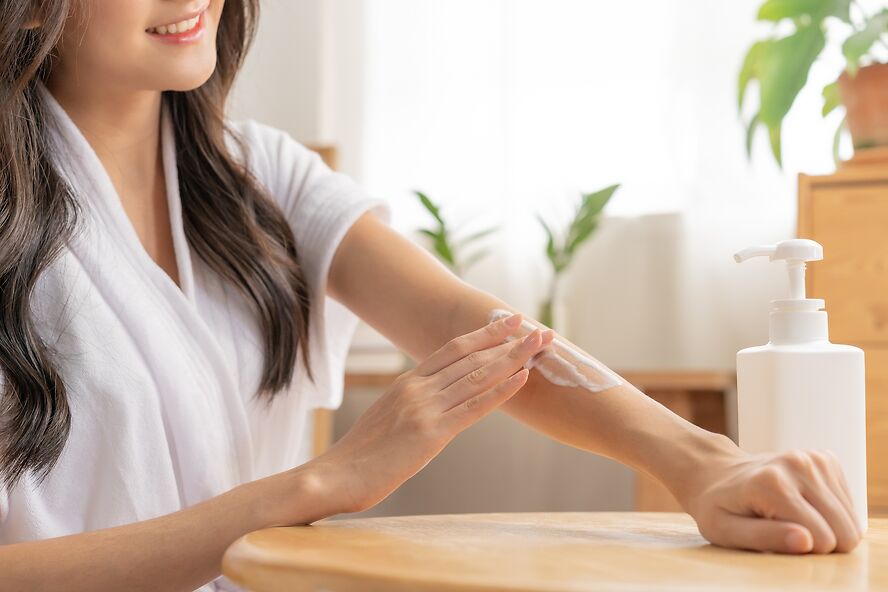 Photo Credit: Courtesy of Shutterstock
Photo Credit: Courtesy of Shutterstock
Eczema Allies
Moisturizer
It’s important to keep your body moisturized with creams that replenish your moisture barrier and strengthen your skin barrier. My preferred over-the-counter brands are Cerave, Cetaphil, Aveeno, Eucerin, and Vanicream for especially sensitive skin. Twice a day, put a thick layer of cream on your skin right after you shower, before you dry off completely — when the water is still beaded on the skin as that allows it to maximally absorb.
For itchiness and discomfort, I recommend an over-the-counter hydrocortisone cream to help take the edge off and not leave you wanting to scratch. Apply it twice a day after you moisturize, but only to affected areas. If your symptoms are not resolved after 2 weeks, seek help from a Dermatologist.
Sunblock
A quality sunscreen is key for anyone who wants to care for their skin, but it’s especially crucial for mixed ethnicity skin types who struggle with eczema. The sun can have a very anti-inflammatory effect on eczema, but in skin that can tan, it can actually cause hyperpigmentation as it heals. You don’t want it to hyperpigment your skin because that’s very difficult to reverse.
Fragrance-Free Products
It can be tough to eliminate scented laundry products from your routine, but I promise it’s worth it. Stick to free and clear detergents and avoid fabric softeners and dryer sheets. Your clothes may not smell like roses, but that’s OK if your skin is in check. In addition, stay away from synthetic fibers and look for clothing made from 100% cotton or silk which are better choices for sensitive skin.
R & R
Stress is often kryptonite for an eczema flare-up and eczema is just one of the ways your body deals with stress. It’s giving you a cue to step in, manage that stress, and get back on track. So be sure to take a moment when life gets a little crazy, put your circumstances into perspective, and just breathe.
For more information and a list of our favorite products click here or call (585)-275-7546 to request an appointment.
For more information, visit Dr. Mara Weinstein Velez's social media:







